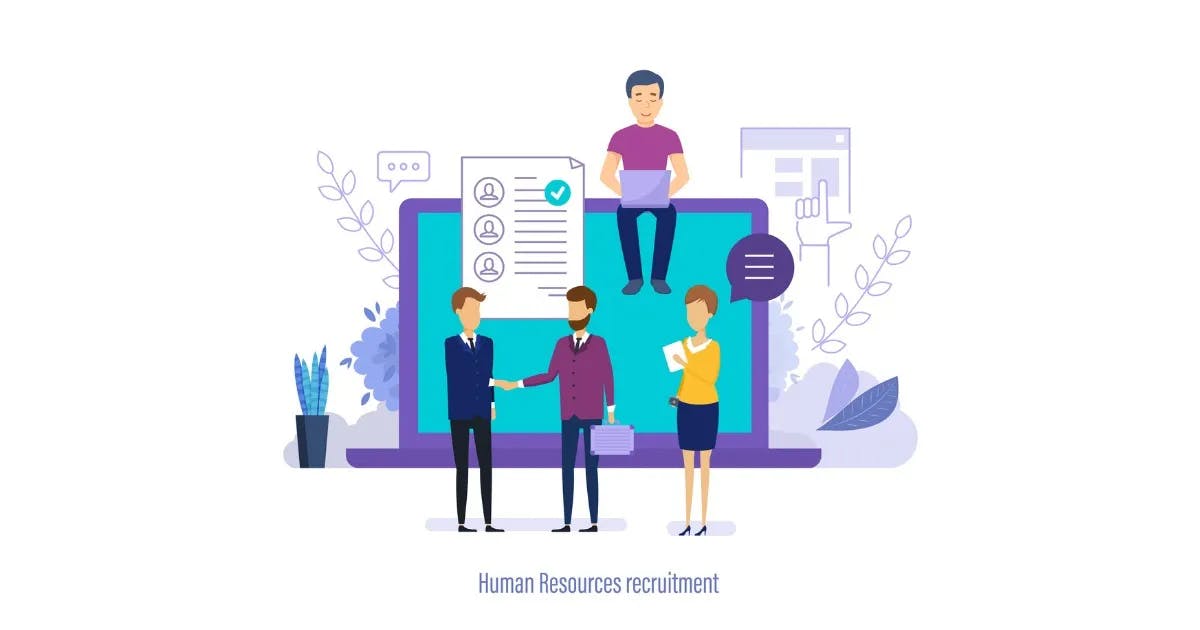Most of the recruitment techniques have been in place since the second world war: resumes, cover letters, job ads, traditional interviews, various tests, references. You name it.
The Internet has made a step change when it became mainstream a few decades ago. If you started to feel depressed about your age, forget it, and keep reading :).
The great connectivity provided amazing tools to reach out to people and apply to jobs. However, it came with a simple side effect: too many applicants for too few recruiters to review all applications.
Until now there have been five main problematic areas in recruitment:
PRE-SCREENING EFFECTIVENESS:
Keyword based CV search eliminates many suitable applicants. Not keeping any interview records from past roles or application rounds is sort of a bummer because you have to start a new applicant pool for every new job opening from scratch for all new application campaigns.
HUMAN INTERVIEWER EFFICIENCY:
Sometimes hundreds or even thousands of job applicants have no chance of being interviewed. CVs go into some mysterious black hole and no one hears back from them ever again. To add insult to injury, after ineffective prescreening, unsuitable candidates may be selected and interviewed by human interviewers.
EXTEND OF ANALYTICS AND LACK OF ACCOUNTABILITY:
Only a high-level summary of the applicant pool is available (if you are lucky). Nothing about answer level analysis, heatmaps, statistics etc. Forget about data driven decisions or any sort of accountability about recruitment decisions.
If you are one of those individuals who believe PEOPLE are the most important component of any organization, you should be very uncomfortable around recruitment decisions which resemble with the following:
"I cannot put my finger on the reason but my gut tells me that this person is the right fit" "Don’t you think the person we have just interviewed talks like one of us? We should totally hire them!"
FEEDBACK TO APPLICANTS:
Most applicants receive the generic “We regret to inform you” rejection emails and more often there is “no communication” and no explanation of the reasons. Put yourself in the shoes of an applicant:
You do not have a job or you want to change your job. You search for a relevant job description. You read the job description. You put a cover letter together. You modify your CV. You send your application. You wait for ages hoping to be invited to an interview. You take an interview at a time and place that may be inconvenient for you. Then you wait and wait hoping for feedback. People spend more time at work than with their families. It is their livelihood. Giving them feedback after an interview is common courtesy.
LACK OF MEMORY:
After applicants spend hours in interviews articulating their experience and communicating their ideas, all those insights are lost forever. Recruiters do not usually associate applicants with other roles that they have not applied for. The reason is simple: There has been no tool to capture and remember these conversations.
Well, why did you read all this bleak stuff? Because VireUp is offering to solve all of the above!

